
Peter Gleick: Is the U.S. Reaching Peak Water?
0 Comments
/
Adequate, high-quality freshwater is fundamental for health, growing food, natural ecosystems, and a productive U.S. economy including the production of energy and all vital goods and services. But as populations and economies grow, new constraints on water resources are appearing, raising questions about ultimate limits to water availability.
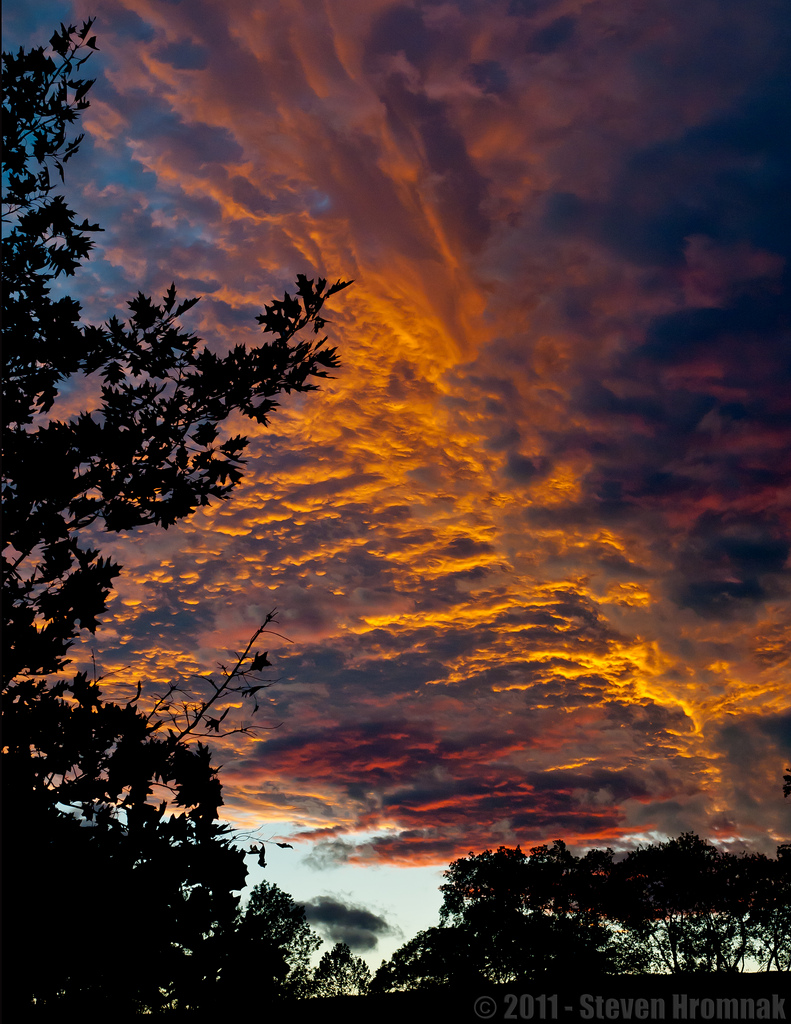
Watered Down: Hurricane Irene Renews Debates About U.S. Budget and Climate Change
Hurricane Irene killed at least 40 people, caused billions of dollars in damages, and cut power to nearly 8 million homes and businesses as the storm moved from the Caribbean through the East Coast of the United States last week. But while financial analysts and members of Congress focus on who and how much to pay for recovery, climate experts are pointing out holes in the system.

U.S. Defense Department Surpasses Water Conservation Goal, Misses Energy Targets
Several laws, executive orders, and directives guide the department’s conservation plans, but wartime operations can throw a wrench in the system.
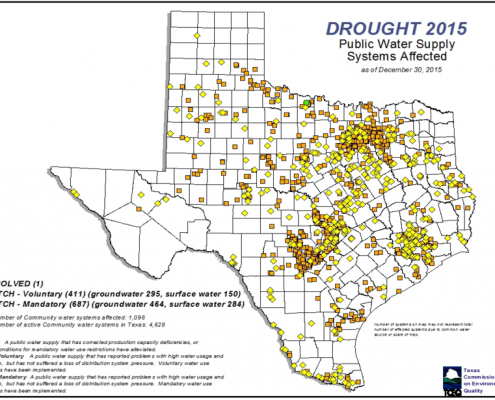
Texas Utilities Use Restrictions, Not Prices, To Cope With Water Shortages
The preference for government mandates reinforces the idea that…
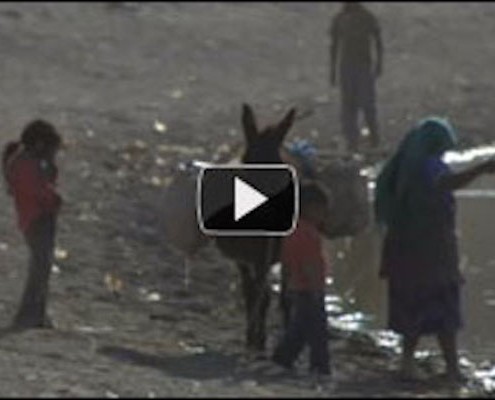
Tehuacán Video Essay: Scarcity and Solutions – Pt. 1
The Tehuacán Valley captures the tragedy and triumph of Mexico’s worst freshwater crisis in decades. In this video, meet Francisca Rosas Valencia, a leader who is working to better her community's water future.
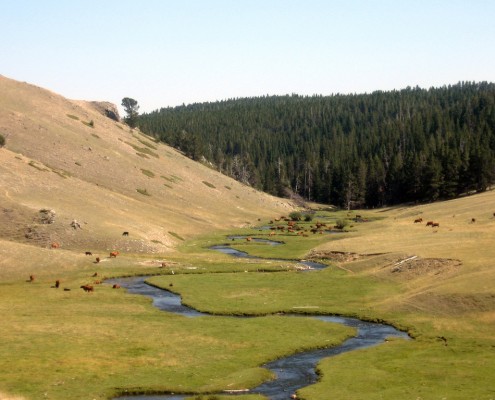
Supreme Court Ruling Tests Boundaries of Water Supply and Energy Production Along Montana-Wyoming Border
Montana and Wyoming have taken their transboundary water dispute to the Supreme Court. Wyoming won the first round. But others await in a case that will help decide how much water is really available to generate energy and to produce food in one of the nation’s driest regions, as well as who has access to that water.
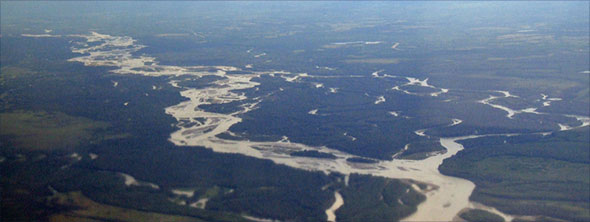
Alaska Governor Authorizes $4.5 Billion Dam Project
Throughout many parts of the United States, old dams are being removed. But in Alaska, the state legislature and the governor want to build what would be one of the nation’s tallest hydroelectric facilities. If built, the 200-meter dam on the Susitna River would be the nation’s fifth tallest.

Interactive Map: U.S. Cities Acting Now to Reduce Water Risk from Climate Change
A report from the Natural Resources Defense Council describes water threats and adaptations in a dozen American cities.

St. Louis Sewer District and U.S. Justice Department Reach Record $4.7 Billion Clean Water Act Settlement
The sewer district joins more than 40 American municipalities…
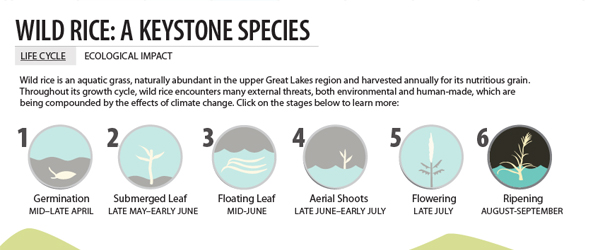
Infographic: Wild Rice is Keystone Species for Upper Great Lakes Region
Wild Rice is an aquatic grass that is harvested annually for…

Where Food Grows on Water: Environmental and Human Threats to Wisconsin’s Wild Rice
For generations, the upper Great Lakes region has boasted harvests of wild rice, growing in Lake Superior and other watersheds within the basin. But disease, dams, and climate change are now endangering the uncultivated bounty.

Coal Conversion in the Rust Belt: Will It Be a Diamond for Small Ohio River Town?
An energy company has plans to withdraw water from the Ohio River, the potential site for a coal-to-liquid fuels conversion plant, which would be the first of its kind in the United States and the sixth in the world. Though it will bring jobs to the region, the proposal is facing strong opposition from environmental groups.


